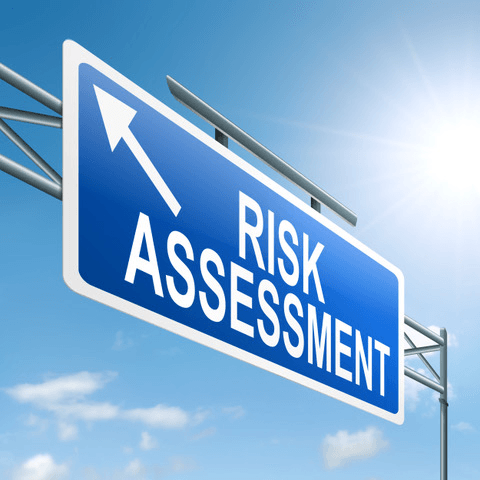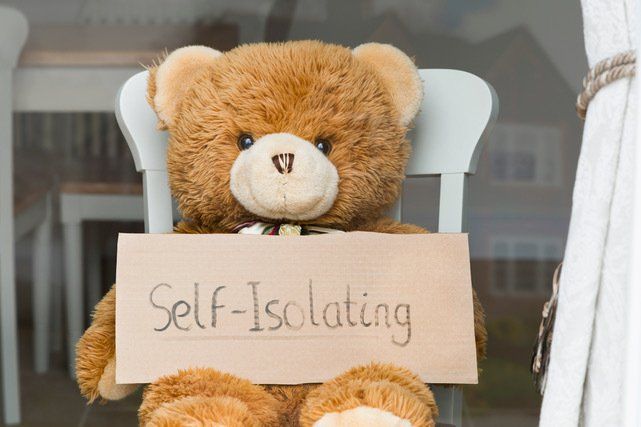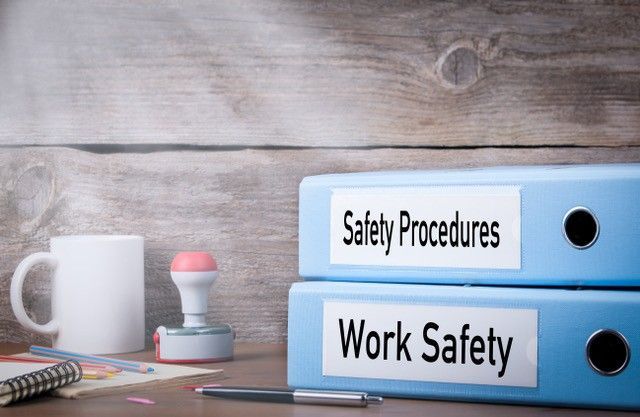When to Suspend an Employee


A court recently ruled as unfair, the treatment of a teacher suspended who was not given the facts of the allegations before suspension was declared. The employer argued they were following their default policy in situations of alleged misconduct but the court ruled that in this instance the policy resulted in unfair treatment.
The court said the employer should have put the allegations to the employee to find out any missing information that may have not been apparent in the initial allegation. The employee seen to “have their hand in the till” may have been given permission by a senior Manager to remove a certain amount of money of recompense so immediate suspension without speaking to the employee could cast unfair doubt on their honesty.
Going forward, when faced with possible misconduct the employer should first obtain what details it can before making any decisions. Then it should speak to the employee to tell them what has come to their attention. In light of the comments the employer should make a decision on whether suspension is appropriate in the circumstances. Can the employee be moved to a different location? Is the allegation of behaviour of an ongoing nature or is it a one-off incident which only just came to light and has no undermining effects on business or personal relationships in the workplace.? If the latter then the employee could remain in work while investigations continue. Should robust evidence of wrongdoing arise then the full range of penalty options would still be available to the employer without there being a suspension first.
Jamie Carragher, sports pundit and Michel Castellucci, pilot, are two individuals who, at the start of March would not have imagined their names could be linked in an employment law article. However, in last couple of weeks both have been suspended by their employers due to conduct widely reported in the media.
It may be recalled that video footage emerged of Jamie Carragher spitting at a man and his daughter after a football match. In the skies at 30000 ft, somewhere between Paris and Madrid, Captain Michel Castellucci uploaded pictures of himself in the cockpit of his passenger jet interacting with animated characters created by a phone app. In both cases each was suspended pending further investigation. This would seem an uncontroversial response by their employers, but one that needs to be approached with care.
Historically the immediate response to any incident of possible misconduct was to suspend on full pay pending investigation and possible disciplinary. The employee was removed from their working environment and told not to contact colleagues or enter company property unless instructed. This would be confirmed in writing. Where an employee’s conduct is such that they are putting their colleagues or themselves at risk of injury, for example by fighting, threats of violence or obvious intoxication, then suspension is a reasonable response. However, in less obvious situations courts have ruled that employers should be more circumspect.
Letters of suspension often echo the statement found in Company Handbooks and Human Resources textbooks and state “suspension is a neutral act and does not indicate the perceived guilt of the employee”. This was because it was felt that employers could only invoke a summary dismissal if there was first a suspension.
However, in reality suspension can be viewed in a more judgemental way from colleagues of a “no smoke without fire” mindset. This is why, no matter how fairly an employer wishes to act, there needs to be a common sense attitude that simply following a HR playbook without thought of the context my result in less than fair treatment of an employee.
Whenever an incident of possible misconduct comes to the attention of an employer they should first have a meeting with the employee involved. This fact finding meeting should put the outline of the situation as the employer understands it to the employee and allow them to comment.










